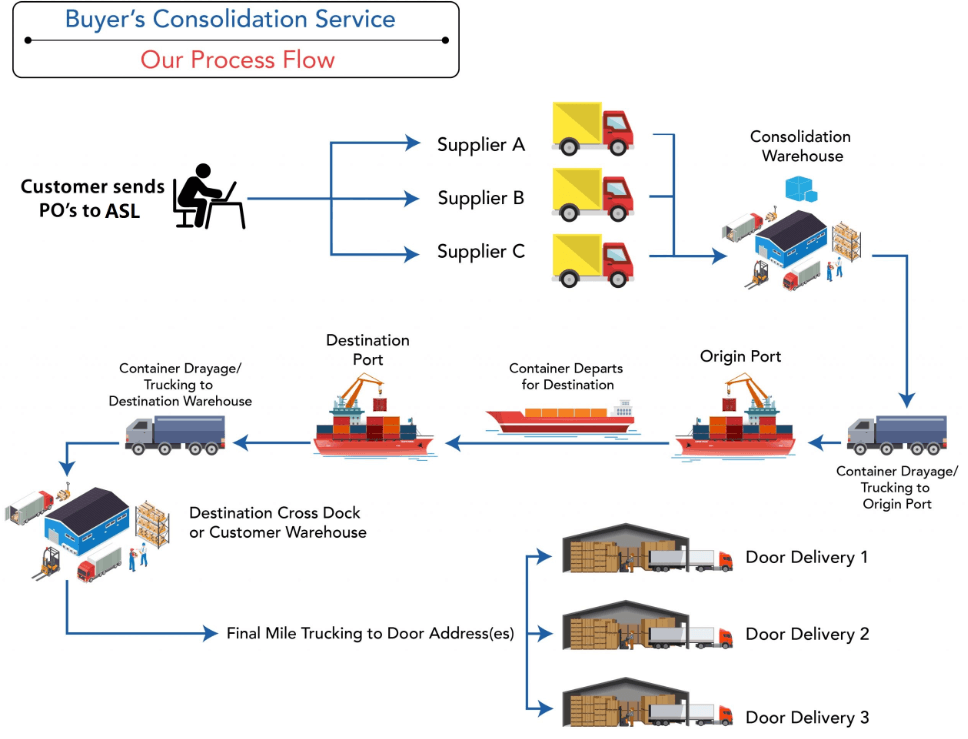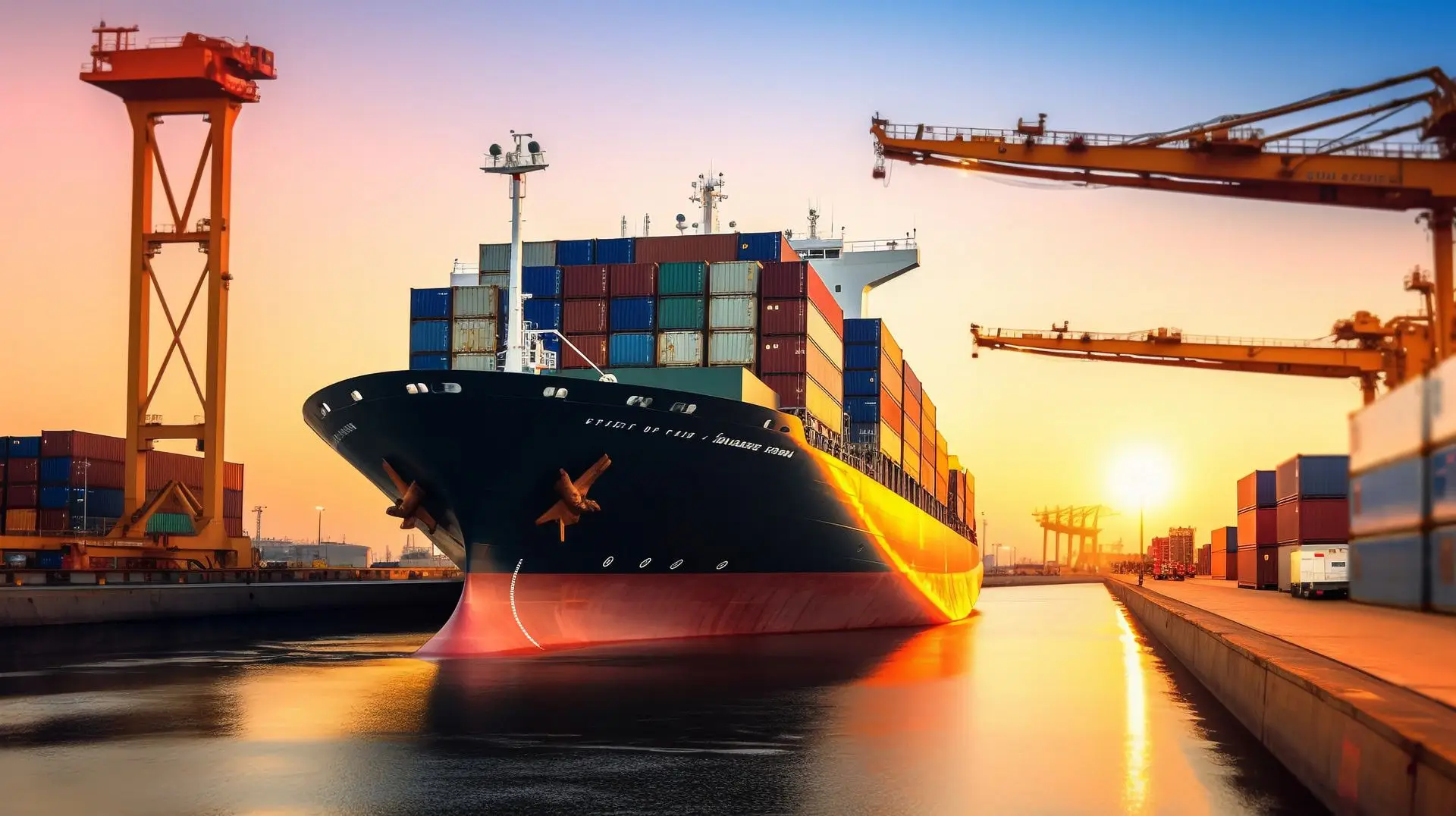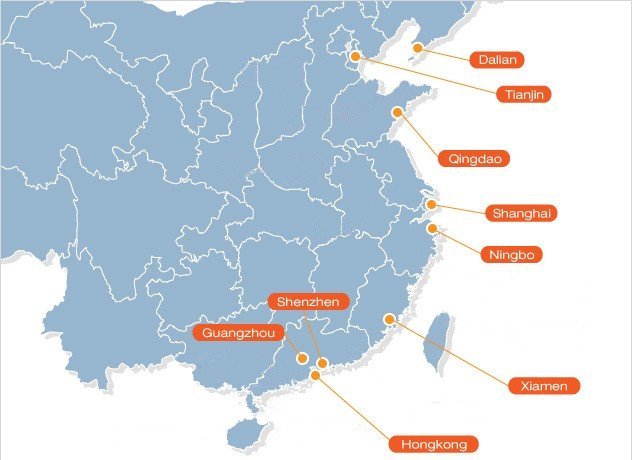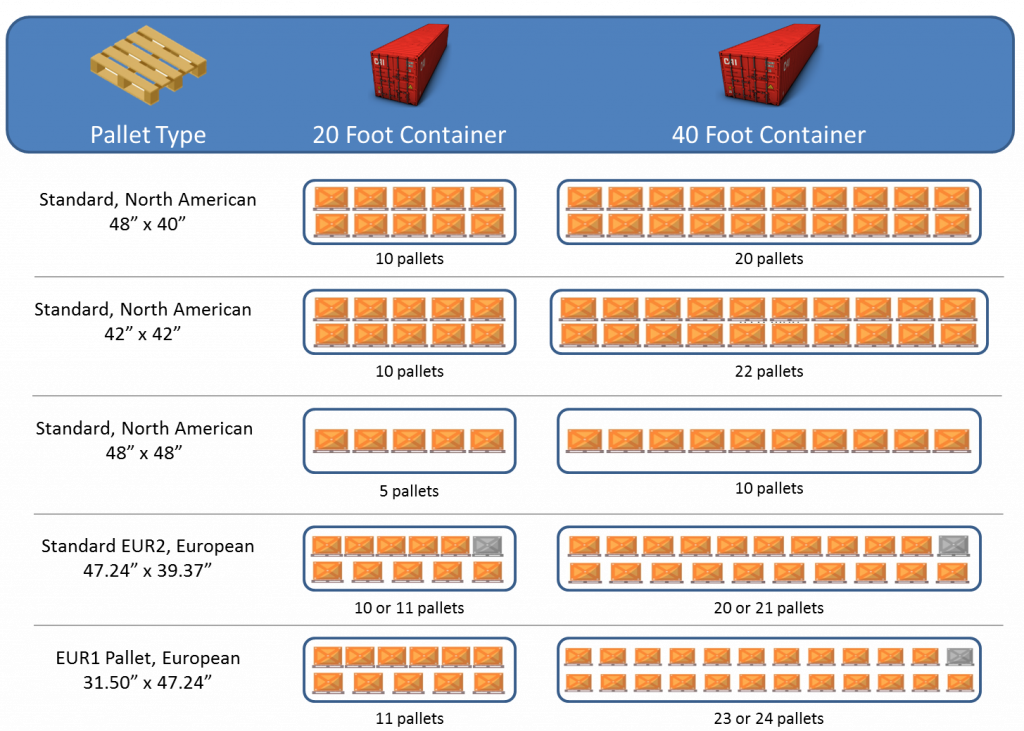Ocean Freight Services
As one of the leading China Ocean Freight Forwarderes & Non-Vessel Operating Common Carrieres (NVOCC No:MOC-NV09845), we have close partnerships with shipping lines to offer frequent, competitive services for ocean freight containeres fm all major port of China, handles all conventional cargo transportation, and provide ocean freight services from China to worldwide as well as a trusted and flexible one-stop solution for our customers for both Full Container Load (FCL) and Less than Container Load (LCL).
You can go to Shipping line Homepage and select the Carrier of the Shipment. Then, enter your Container, Booking, or BL Number and click the Track Shipment button.
Presou is a leading ocean freight forwarder with a comprehensive global logistics network that spans the five oceans. Our comprehensive ocean freight services cover all ports in China, including Shenzhen, Shanghai, Tianjin, Ningbo, Qingdao, and more, connecting to any international destination. To optimize your shipping experience and reduce both transit time and costs, our team of ocean shipping experts is dedicated to choosing the most suitable shipping service for your specific needs. Enjoy efficient and cost-effective ocean freight from China to global destinations, allowing for large cargo shipments with fast lead times. Our services also include complete shipment management, from coordinating pick-up and delivery to handling all shipping documentation, ensuring seamless support throughout your logistics journey.
Coverage for all major ocean trade lanes, ensuring equipment availability and vessel space through space guarantee commitments. Offering a choice of different carriers while ensuring the standardized smooth and reliable customer service.
Presou has partnered with more than 30 of the top international Ocean freight companies , such as MAERSK,MSC,COSCO,APL,CMA,ONE,EMC,HMM,HPL etc, we have direct and effective control of space allocation, ensuring highly competitive tariff and best routings are delivered.Additionally we can provide multimodal door to door services, transport insurance solutions, stuffing and devanning capabilities, special services for automobile, refrigerated items and dangerous goods.China port
Chinese ports are among the most important ports in the world. 8 of the 17 most important ports in terms of traffic are Chinese. If we include Taiwan and Hongkong, this figure goes up to 10.
PresouTips : You want further information shipping routes from China to worldwide? Feel free to check our dedicated page (about Sea freight only).
A Chinese, American or European festival, for instance, may have a major effect on prices and timelines due to its effect on logistics.
Freight shipments are usually fully booked days in advance due to lengthy vacation periods during important Chinese festivals.
The cost of shipping has increased as a result of the strong demand.
We’ve discovered that it’s preferable to schedule your cargo delivery as far in advance as you can during the Chinese New Year.
You’ll have to endure a protracted delivery delay if you don’t.
As a result, we provide you this knowledge to help you understand the fundamentals of this market based on our extensive experience controlling shipping time from China.
Estimated Transit Time (ETT) is the time between the Estimated Time of Departure from origin (ETD) and the Estimated Time of Arrival at the destination (ETA).
As for sea cargo transportation out of China, there’s only a very rough idea showing below.
| Region | How long |
|---|---|
| USA & Canada (West) | 20 days |
| USA & Canada (Eest) | 30 days |
| Western Europe | 25 days |
| Northern Europe | 30 days |
| Southern Europe | 27 days |
| Australia | 15 days |
| India | 15 days |
| Southeast Asia | 9 days |
| Eastern Africa | 30 days |
| Western Africa | 40 days |
| Japan | 3 days |
| South Korea | 4 days |
| South America (East) | 30 days |
| South America (West) | 45 days |
Twenty-foot containers, with an internal capacity of 28 cubic meters, are typically utilized for transporting heavy goods. In contrast, 40-foot containers boast double the volume of their 20-foot counterparts, accommodating up to 68 cubic meters. Interestingly, both container sizes share the same maximum load weight.
In Chinese ports, both 20ft and 40ft containers are subject to a load limit of no more than 27 to 28 tons.
Full Container Load (FCL) shipping involves leasing an entire container for your cargo. This option is particularly economical when you have enough goods to fill a container or nearly fill it.
FCL shipping offers a time-saving alternative to Less than Container Load (LCL) shipping, as it eliminates the need for consolidating or deconsolidating your goods with those of other shippers.
With FCL, your container remains sealed for the entire transit, ensuring the security of your cargo. It will only be opened if customs officials select it for inspection, otherwise, it will remain sealed until it reaches your specified address or final destination.
When your shipment doesn't occupy a full container, our Less than Container Load (LCL) shipping service from China is the ideal solution. Your goods will be transported to our warehouse in China, where we'll consolidate them with other shipments into a single container for loading. We'll then ensure they are delivered to the required destination port.
With LCL shipping, your cargo shares container space with goods from other businesses. This method may result in a slightly longer delivery time due to the additional steps of packing and unpacking the container.
The cost for LCL shipping is typically determined by the greater of the cargo's volume or weight, with a minimum freight charge applied per cubic meter.
LCL shipping is suitable for cargo volumes ranging from 0 to 15 cubic meters (CBM). However, this can vary depending on the port of origin. For specific details and to discuss your shipping needs, please get in touch with us.

International LCL shipping process
|
Full Container Load (FCL)
|
Less Than Container Load (LCL)
|
Shanghai Port
Located at the mouth of the Yangtze River, the port plays an important role in China’s trade and maritime activities. With a throughput of 43.3 million TEUs in 2019, it is the largest and busiest port in the world.
Main trading partners and strategic importance: Shanghai Port has connections with the United States, Europe, Australia and Africa (Kenya, Nigeria, Algeria, Angola, Djibouti, Ghana, Cote d’Ivoire, Ethiopia, Libya, Mauritius, Morocco, Tanzania, South Africa, Tunisia) and other countries around the world Have close trade relations. It is strategically located as the gateway to mainland China and the Pacific Ocean.
Business Background: If you plan to make significant inroads into the Asian market, particularly China and the Pacific, the Port of Shanghai could become an integral part of your shipping strategy due to its massive capacity, sustained activity and strong global presence. network.
Ningbo-Zhoushan Port
Ningbo Zhoushan is located on the coast of the East China Sea in Zhejiang Province and is an important part of China’s “One Belt, One Road” initiative. In 2019, the port handled more than 27 million TEUs.
Main trading partners and strategic importance: The port mainly serves the United States, the European Union, Middle Eastern countries (Bahrain, Egypt, Iran, Iraq, Israel, Jordan, Kuwait, Lebanon, Oman, Qatar, Saudi Arabia, Syria, UAE, Yemen) and Australia. It is also home to China’s largest oil transportation base and is part of the 21st Century Maritime Silk Road.
Business Background: If your business involves commodities such as crude oil, iron ore, coal, or trades with the US, EU or Australian markets, the Ningbo-Zhoushan Port may become a favorable point on your trade routes with its extensive shipping capabilities .
Shenzhen Port
The Port of Shenzhen is located in Guangdong Province, a region known for its strong economic activity. In 2019, shipping volume exceeded 25 million TEUs.
Main trading partners and strategic importance: The port is in a strategic trading position with key markets in Europe (Germany, France, Italy, Russia, Netherlands, Belgium, Spain, Portugal, Turkey, Sweden, Finland, Romania), the United States and East Asia.
Business Background: If you want to enter the East Asian market, you will find that the vibrant economic environment and large-scale shipping capacity of Shenzhen Port make it an important consideration in your transportation plan.
Guangzhou Port
Guangzhou Port is located in the Pearl River Delta and is known for its comprehensive port services. In 2019, it handled more than 23 million TEUs.
Major trading partners and strategic importance: The port has extensive trade relationships with approximately 500 ports in more than 170 countries and regions.
Business Background: If your business provides transportation of a variety of goods, you will find the Port of Guangzhou’s extensive port services to be an asset to your logistics strategy.
Qingdao Port
Qingdao Port is located in Shandong Province, an important economic zone in China. In 2019, the company handled more than 21 million TEUs.
Main trading partners and strategic importance: Qingdao Port mainly trades with Pacific Rim countries, especially those related to grain trade.
Business Background: If you are looking to strengthen transpacific shipping routes, the port’s extensive network and grain handling capabilities may benefit your business.
Tianjin Port
Tianjin Port is located in Tianjin, northern China. Its shipping volume exceeded 16 million TEUs in 2019, providing convenience for international trade.
Major trading partners and strategic importance: It is the main maritime gateway to Beijing, connecting China with other Asian countries, Europe and the Americas (United States, Canada, Mexico, Panama, Brazil, Chile, Colombia, Ecuador, Guyana, Peru, Venezuela ,Argentina).
Corporate background: If your business scope involves the Beijing market, or your goods meet the needs of North China, using the logistics hub role of Tianjin Port can greatly support your logistics strategy.
 English
English 简体中文
简体中文 繁體中文
繁體中文 Afrikaans
Afrikaans አማርኛ
አማርኛ Español
Español العربية
العربية Français
Français Cebuano
Cebuano Български
Български Беларуская мова
Беларуская мова हिन्दी
हिन्दी বাংলা
বাংলা Português
Português Русский
Русский اردو
اردو فارسی
فارسی Türkçe
Türkçe كوردی
كوردی Deutsch
Deutsch 日本語
日本語 ไทย
ไทย Tiếng Việt
Tiếng Việt Italiano
Italiano עִבְרִית
עִבְרִית 한국어
한국어 Română
Română Nederlands
Nederlands Bahasa Indonesia
Bahasa Indonesia




